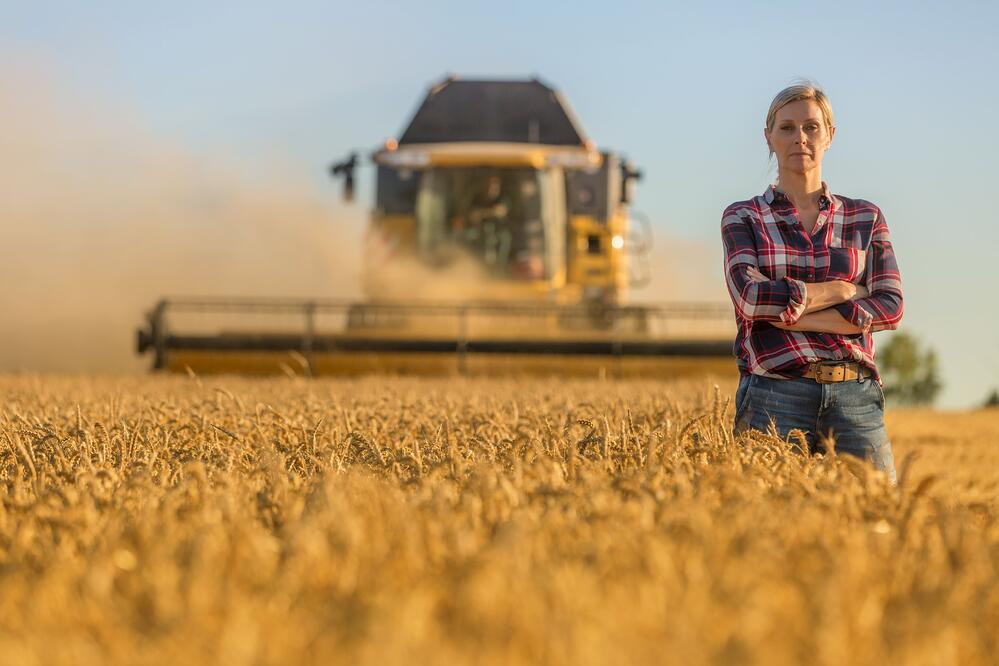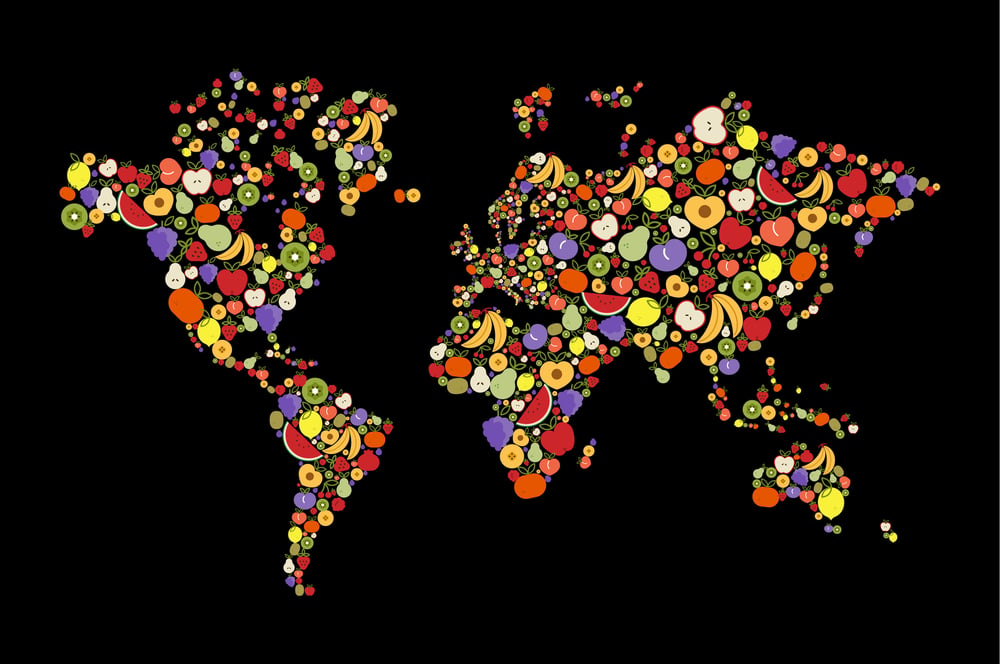TrustBix Blog: Global Food Systems Transformation: Moving from “Why?” to “What?”

While the whole world is dreaming about travelling, let’s remember what is so fascinating about visiting other countries
TrustBIX blog
You get a fantastic chance to explore new cultures, meet new people, and try new food. But after several days of trying and exploring new tastes, a moment comes when all you crave is chicken soup, meatballs, perogies, or pasta. Why? Because you are familiar with these tastes, you know exactly how you are going to feel after the meal. And that is why McDonald’s is so popular and not losing its position as a global leader – their food is the same in Canada, Cuba, and Japan.
“We believe in creating a world where we waste less, trust more, and reward sustainable behaviour”
What the company is working hard towards is standardizing the quality, in other words making sure that the meat you get in your Big Mac is equally good and sustainably sourced everywhere in the world. From a technological perspective, it also means that they rely on data heavily to make the right decisions and prove claims they make. And this is the problem facing the agri-food industry globally: farmers, producers, and retailers can provide the highest quality possible, but can we share this information in a way that stands up to scrutiny, makes consumers trust this claim and adds value to everyone?
Connecting Your Business Needs to Technology
As a business owner, you want to create a high-quality product that will meet the needs and requirements of consumers. However, before reaching buyers, your product will go through several stages of a supply chain. If your goal is to keep the product’s value and even increase it, you have to focus not only on your business needs but look deeper into data quality and sharing.
Premium products do not exist on their own. They need trustworthy value chains and a story that resonates with consumers – a story that they can trust and make part of their everyday life. When they see an “antibiotic-free” label, they know that this product is exactly that. When there is a label mentioning “sustainably-raised” and “certified by…”, they know they are contributing to something bigger – creating a better world for the environment and future generations. The key element is building trust around such claims, and only clear data and technology standards can help us achieve this goal. What’s more, gathering and reporting information across value chains according to set standards can boost the productivity and efficiency of your operation.
Global Standard-Setting Processes
One of the initiatives that will standardize the process of data sharing and enable everyone in the agri-food sector to make data-driven decisions is the Global Food Systems Data Consortium. Like any effort taken on a national scale, for example, developing the Canadian Data Governance Standardization Roadmap, the Consortium will engage organizations from multiple industries to bring subject matter and technical expertise together.
We believe in creating a world where we waste less, trust more, and reward sustainable behaviour. Only by supporting, benchmarking, and standardizing current sustainability practices implemented on farms, ranches and processing facilities can we facilitate the process of taking further steps to meet the global need for transparency and sustainability. Contact us today to learn more about how your supply chain can build greater trust.












